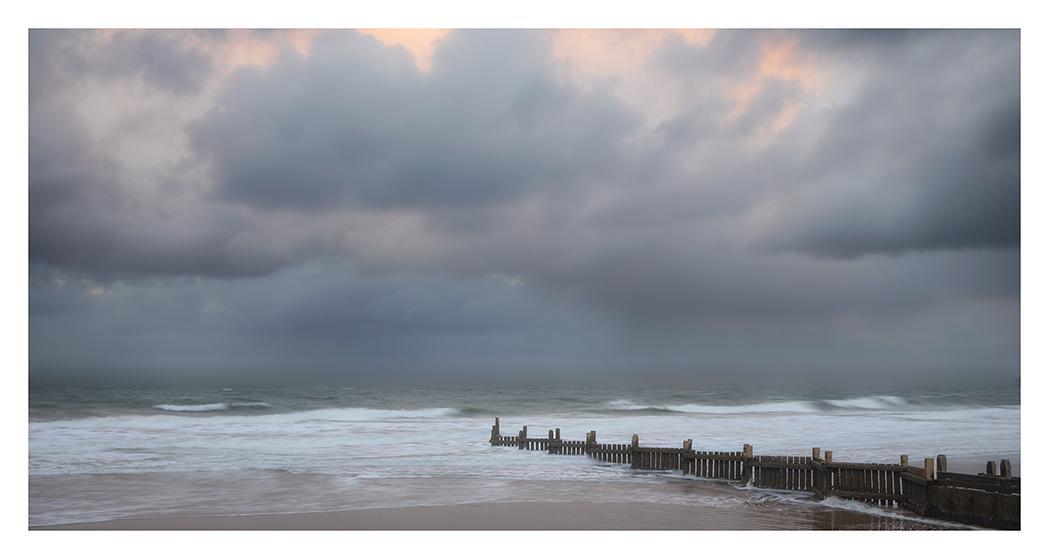
2 minute read
Landscape Photography By Susan Brown FRPS
by Susan Brown FRPS
What is Landscape Photography? A landscape needs a soul and communicate an observation or personal experience. All woods, streams, rivers, mountains and coastlines have their own character. To communicate in Landscape I feel it is important to become intimate with that character to discover the essence to succeed.
There are those who consider themselves purists who think the intrusion of man, either in person or by influence in a scene, not to be a true landscape. I feel landscape photography has moved on from this perception, and we now have urban landscape, sea defences, power lines etc. all accepted as landscape photography, also abstract interpretations with Intentional Camera Movement, Multiple Exposure etc. There are endless opportunities to find your own niche in landscape photography with few constraints.
The advances in camera and digital processing technology over recent years is astounding, boundaries are being pushed to their limits. There can therefore be a tendency to over process and make a scene look unnatural. I personally prefer to use technology to enhance an image with discretion and subtlety, if the process is too obvious the landscape itself loses its ability to communicate its heart.

Birds on the Sand © Susan Brown FRPS
There are often misconceptions that the Royal Photographic Society feels Landscapes unacceptable for a Distinction. This concern is unjustified. Like all genre it is the standard of photography that makes a panel successful not the genre, and like all genre, Landscapes have to communicate an emotion. However, I accept that Landscapes appear to be undervalued when it comes to exhibitions.
Landscape Photographers success is often being at the right place at the right time. How often do you hear someone commenting ‘weren’t you lucky to have such light’. More often it is planningnot luck. A successful landscape photographer will have checked weather forecasts, tide times, wind strength and direction, they will check the photographers ephemeris to check the angle of sun, often travelled an hour or so in the dark to be in situ before sunrise and,if sometimesthe planning pays off, is that luck?

Squalls on the Horizon © Susan Brown FRPS
We are lucky as Landscape photographers in that time is on our side. Sports or nature photographers often have to take hundreds of shots to get the one they want, and have to work fast. We can put our camera on a tripod, consider the composition in detail, study and sense the scene, decide where the focal point will be, the best shutter speed etc: and only then, record the image.
We are all influenced in some way by others, but try not to be imitative. The result may be technically perfect but will probably lack the soul of the originator of the image that inspired you.
Over the last 10 years,my main interest in Landscape Photography has been the sea. Always take what you feel, not what you see. Feel the sea, the salt spray on your face so you can taste it and thensee the sea. Organize, press the shutter –oh what satisfaction!
usan Brown FRPS https://www.susanbrownphotography.co.uk/


